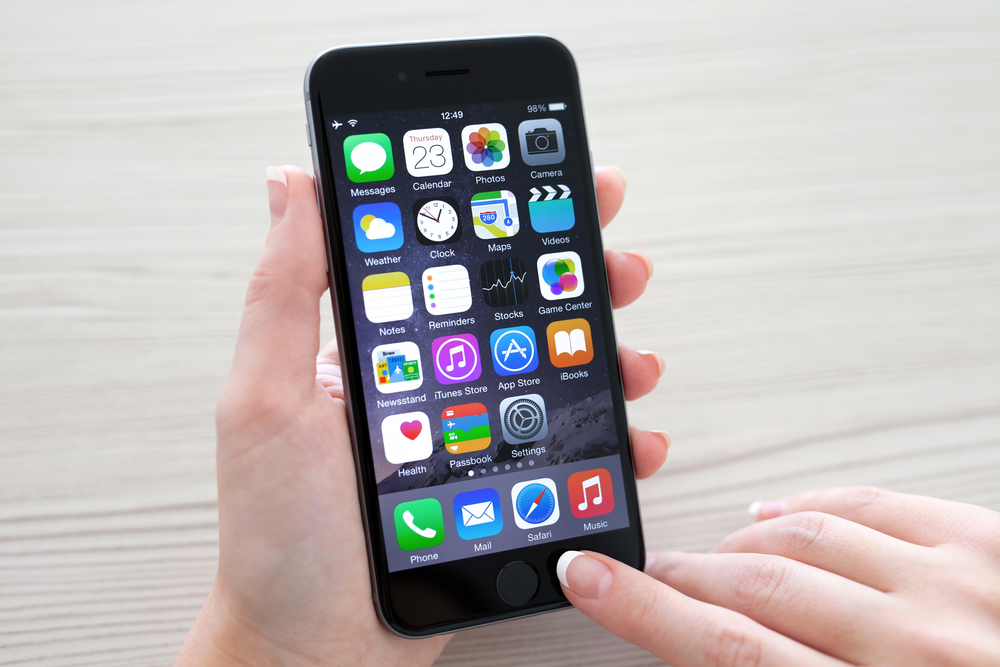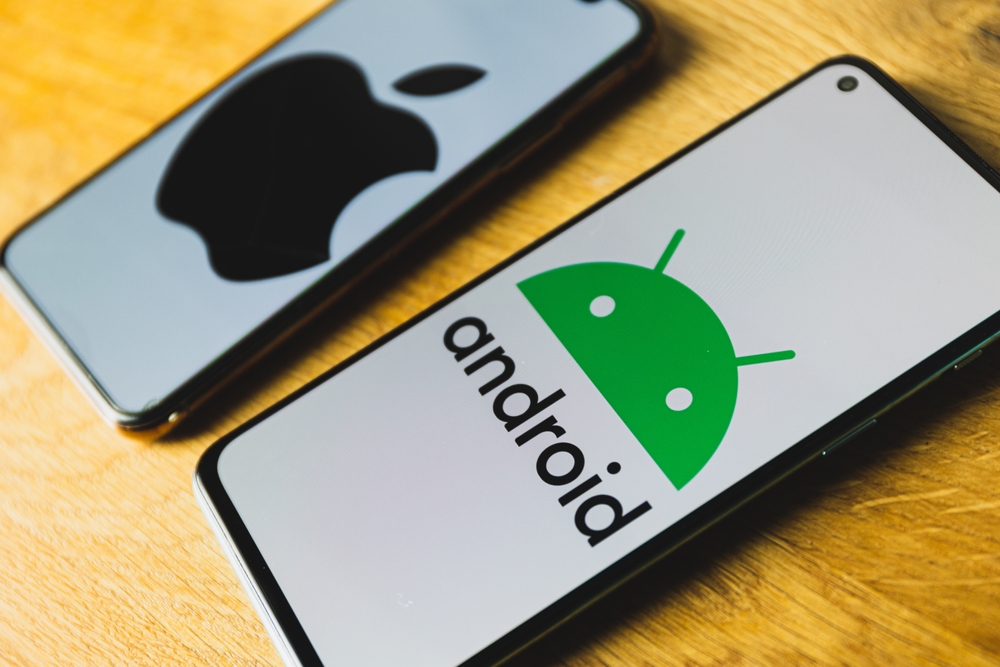
Mastering Mobile App Marketing: Expert Tips for Effective Promotion

mobile App Store or Google Play app s have become an integral part of our daily lives, offering convenience, entertainment, and productivity at our fingertips. With millions of apps available across various platforms, it is crucial for app developers and marketers to understand the importance of effective promotion to stand out in this highly competitive market.
In this article, we will explore expert tips and strategies to help you master mobile Google Play or App Store app marketing and boost your app's visibility, downloads, and user engagement.
1. Define Your Target Audience
Before diving into marketing your mobile app , it is essential to clearly define your target audience. Understanding who your app is designed for will help you create tailored marketing messages and choose the right channels to reach your audience.
Ask yourself questions like:
- What problem does my app solve?
- Who would benefit the most from using my app?
- What age group or demographic is my app targeting?
By answering these questions, you can create user personas and develop focused marketing strategies to attract the right users for your app.
2. Optimize Your App Store Presence
The app store is a crowded marketplace, and optimizing your app's presence is vital to increasing visibility and attracting organic traffic. Pay attention to the following elements:
Title and Description:
Choose a catchy and memorable app name that accurately represents your app's purpose. Craft a compelling description that highlights the key features and benefits of your app, using relevant keywords naturally throughout.
Keywords:
App store optimization (ASO) heavily relies on the strategic use of keywords. Conduct thorough research to identify relevant keywords that your target audience is likely to search for and incorporate them into your app's title, description, and keyword field.
Screenshots and Videos:
Visual assets like screenshots and videos play a significant role in convincing potential users to download your app. Showcase your app's key features and benefits through engaging visuals that convey your app's value proposition.
3. Leverage Social Media
Social media platforms are mobile iOS or Android app powerful tools for app promotion, allowing you to reach a large user base and engage with potential customers. Consider the following strategies:
Content Marketing:
Create informative and engaging content related to your app's niche, share industry insights, and build an online presence as a thought leader. Make use of blog posts, videos, and infographics to provide value to your audience and drive traffic to your app's landing page or app store listing.
Influencer Marketing:
Collaborate with influential individuals in your app's niche to promote your app. Find relevant influencers with a substantial following and engage them to create authentic content or reviews endorsing your app.
User-generated Content:
Encourage your users to share their experiences with your app on social media using hashtags or by running contests. User-generated content not only generates buzz but also builds trust and social proof for your app.
4. Implement App Store Ads
App store ads are an effective way to increase your app's visibility and drive downloads through targeted advertising. Platforms like Google Ads and Apple Search Ads allow you to display ads relevant to user search queries or specific audience segments.
When setting up your app store ad campaigns, consider the following tips:
- Choose relevant keywords to target your ads toward users actively searching for apps like yours. Experiment with different keyword variations to broaden your reach.
- Craft compelling ad copy that clearly communicates the unique features and benefits of your app. Highlight what sets your app apart from competitors.
- Optimize your bidding strategy to maximize your ad's visibility within your budget. Monitor your ad performance closely and adjust your bids and targeting accordingly.
5. Implement App Analytics
App analytics provide invaluable insights into your app's performance, user behavior, and engagement metrics. Understanding how users interact with your app can help you refine your marketing strategies and enhance user experience.
Key metrics to track using app analytics tools include:
- App Installations: Measure the number of app installs over a specific period and determine which marketing channels and campaigns are driving the most installations.
- User Retention: Monitor the percentage of users who return to your app after their initial installation. Identify any drop-off points within the user journey and take steps to improve retention.
- In-App Engagement: Track user behavior within your app, such as time spent, screens visited, and actions taken. Identify popular features and areas for improvement.
Frequently Asked Questions
1. How long does it take to see results from app marketing?
The timeline for seeing results from app marketing can vary depending on multiple factors, such as the competitiveness of your niche, the effectiveness of your strategies, and the size of your target audience. Keep in mind that app marketing is an ongoing process, and consistent efforts are required to achieve sustained results.
2. Are paid app promotion methods necessary?
Paid app promotion methods like app store ads can significantly boost your app's visibility and increase downloads. However, paid methods are not always necessary, especially if you have a limited budget. Organic methods like content marketing and social media promotion can still yield positive results if executed effectively.
3. How can I encourage app store reviews and ratings?
Encouraging app store reviews and ratings is crucial for building trust and social proof for your app. Prompt users to leave a review through in-app prompts at appropriate moments, offer incentives like exclusive features or discounts for leaving a review, and respond to user reviews in a timely and helpful manner.
4. Should I focus on acquiring new users or retaining existing ones?
Both acquiring new users and retaining existing ones are important for app success. While acquiring new users helps expand your user base, retaining existing users boosts user loyalty and brings in organic referrals. Strive for a balance between user acquisition and retention strategies to achieve sustained growth.
5. What are the key metrics to track in app analytics?
Key metrics to track in app analytics include app installations, user retention, in-app engagement, conversion rates, and user behavior flow. These metrics provide insights into user acquisition, user experience, and the effectiveness of your marketing efforts.
In conclusion, mastering mobile app marketing requires a strategic approach and continuous efforts. By defining your target audience, optimizing your app store presence, leveraging social media, implementing app store ads, and utilizing app analytics, you can effectively promote your mobile Android or iOS app and achieve success in this competitive landscape.
Other useful resources
- https://www.appguru24.com/services/
- https://en.wikipedia.org/wiki/App_store
- https://en.wikipedia.org/wiki/Mobile_app